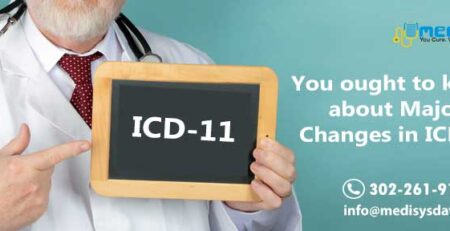Medical billing can be a complex and confusing process for patients, with opaque pricing and unexpected charges often leaving individuals with large bills that they struggle to understand or afford. In an effort to address these issues, Georgia recently enacted the Patient Right to Know Act, which aims to increase transparency in medical billing and empower patients to make more informed decisions about their healthcare.
Requirements of Patient Right to Know Act
The Patient Right to Know Act requires hospitals and other healthcare providers to provide patients with a “good faith estimate” of the cost of non-emergency services at least three days before the services are provided. This estimate must include all charges that the patient is likely to incur, including out-of-pocket expenses such as co-payments or deductibles. In addition to providing cost estimates, the Patient Right to Know Act requires healthcare providers to provide patients with itemized bills that clearly explain the charges for each service or treatment received.
Impact and Challenges of Patient Right to Know Act
The Patient Right to Know Act is part of a broader effort to increase transparency in medical billing and to empower patients to make more informed decisions about their healthcare. By giving patients access to clear and accurate pricing information, the law aims to reduce confusion and uncertainty around medical billing, making it easier for patients to manage their healthcare costs. The law is also intended to encourage competition among healthcare providers, as patients are more likely to choose providers who offer transparent pricing and affordable healthcare options.
While the Patient Right to Know Act is a significant step forward for medical billing transparency in Georgia, it is not without its challenges. For healthcare providers, complying with the law can be time-consuming and resource-intensive, requiring the development of new billing systems and the training of staff to ensure that they are able to provide patients with the information they need. For patients, understanding medical billing can still be a daunting task, even with the increased transparency provided by the law.
Future Implications of Patient Right to Know Act
Despite these challenges, the Patient Right to Know Act represents an important step forward in the effort to increase transparency in medical billing and to empower patients to make more informed decisions about their healthcare. By giving patients access to clear and accurate pricing information, the law helps to reduce confusion and uncertainty, and to promote competition among healthcare providers. As other states consider similar legislation, the Patient Right to Know Act could serve as a model for increasing transparency and empowering patients across the country.
About Medisys Data Solutions (MDS)
Medisys Data Solutions (MDS) is a leading medical billing and coding company in Georgia that provides comprehensive billing services to healthcare providers. With our extensive experience and expertise in medical coding and billing, MDS offers accurate and timely billing solutions to healthcare providers across the state. Our team of highly skilled coding and billing specialists are trained in the latest coding and billing practices, ensuring that healthcare providers receive optimal reimbursement for their services. For healthcare providers looking for a reliable and experienced partner in medical billing and coding in Georgia, Medisys Data Solutions is an excellent choice. To know more about our billing and coding services in Georgia, contact at info@medisysdata.com / 888-720-8884












